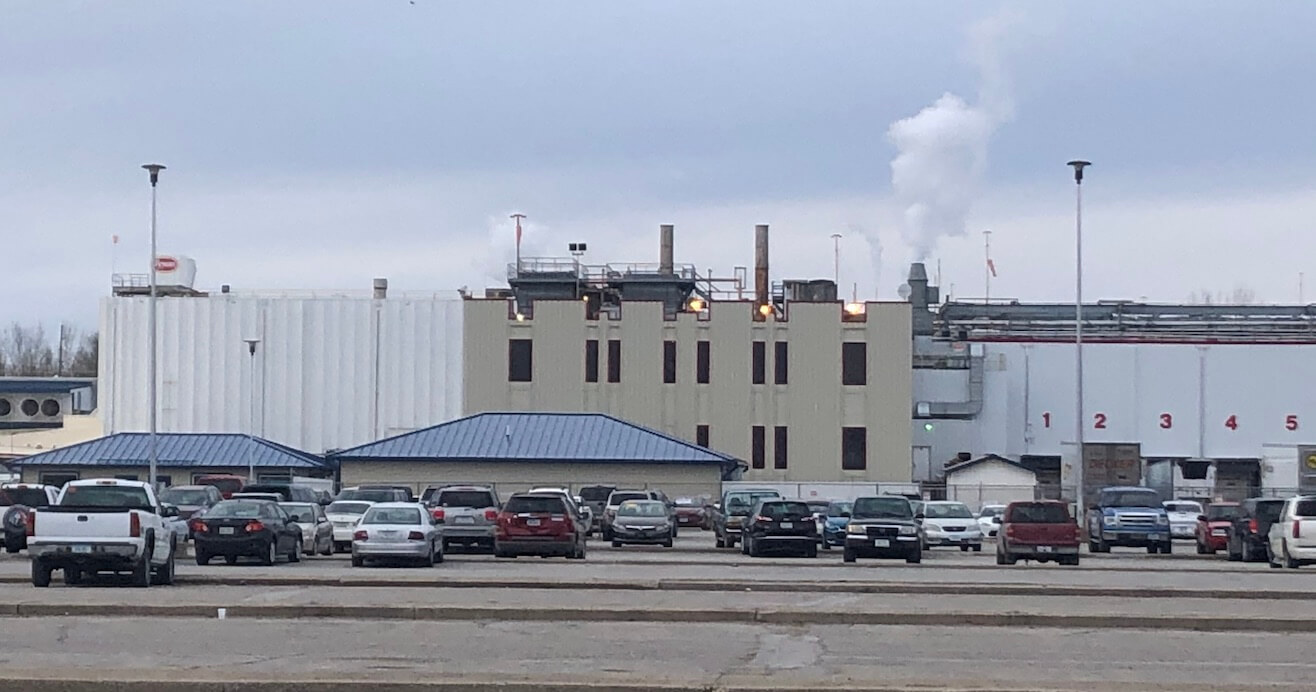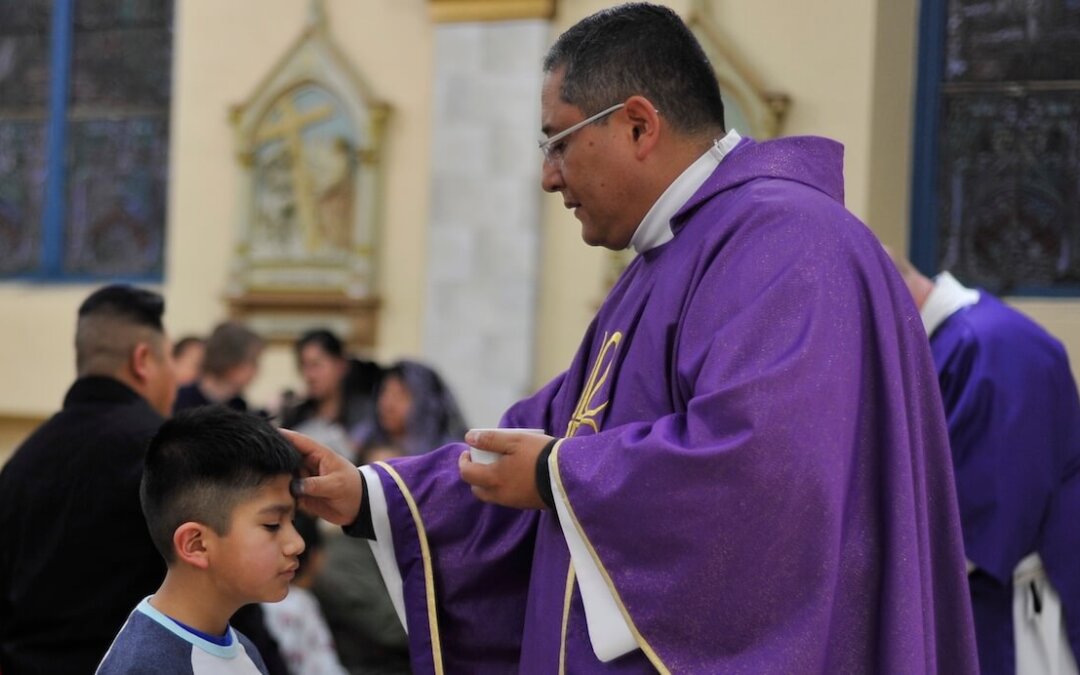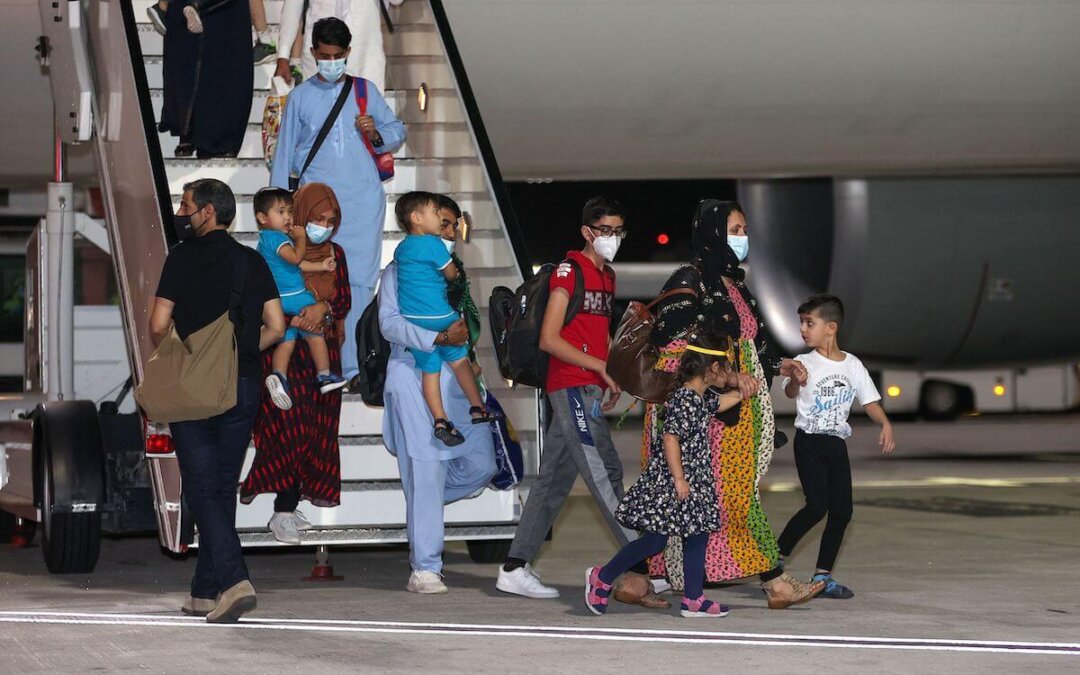
Widespread outbreaks at meat packing plants in the Midwest are quickly becoming the latest crisis in the ongoing pandemic. Hundreds of workers, many of whom are immigrants and refugees, are becoming sick, some have already died, and the resulting plant closures are risking the nation’s food supply chain.
In Iowa, a significant percentage of the state’s new positive COVID-19 cases this week came from a Tyson meat packing plant in Louisa County, a small, rural county in Southeast Iowa. 186 positive cases were recorded from the one plant alone and two people have died, which has driven Louisa County to be one of the nation’s biggest hot spots for the virus, while also impacting surrounding counties.
At her Wednesday press conference, Iowa Gov. Kim Reynolds said that plant executives had assured her that sufficient precautions to protect workers had been put into place.
“When I reached out to the CEOs of both the plants, they indicated they had already taken the steps,” Reynolds said of mitigation efforts encouraged by the state. “They’re trying to be very proactive to not only protect their workforce, but to make sure they can, you know, can keep the plant up and going.”
She added that she was told the companies were providing masks and face shields to employees.
But interviews this week that Starting Line has conducted with workers and family members of workers at meat packing and manufacturing plants tell a different story.
Starting Line’s Claudia Thrane spoke with workers at meat packing facilities in Columbus Junction, Osceola and Perry, as well as TPI Composites, a wind-turbine manufacturer, in Newton. All asked for their names to be withheld out of fear for losing their jobs as workers at several plants have been expressly told to not speak to the media.
[inline-ad id=”0″]
Also, while most of the focus has been on Latino workers at these plants, it’s important to note that many meat packing employees are refugees from non-Latin American countries. Large numbers of Burmese refugees, for instance, work at the Columbus Junction and Waterloo plants.
Nearly all the workers disputed the idea that employees were being provided the kind of protections that Reynolds said was happening.
A refugee who lives in Des Moines and works at Osceola Foods, a Hormel plant that’s 45 minutes south of Des Moines, said the plant there has only encouraged employees to wash their hands more frequently. They’re not given masks, though employees can bring their own.
The plant, which employs close to 700 people, many of whom are Burmese refugees, still has 17 to 19 people standing near each other on a line, this worker said.
The worker said that if someone comes down with a fever, they don’t have to work, but if they don’t come in to work for any other reason right now, they get points against their employment. Rumors have spread about an employee getting COVID-19, but they haven’t heard anything from the company. Information they have received about the virus, they’ve gotten through an interpreter, who warned about how contagious it is.
As with everyone we spoke with, this refugee pointed out that most workers do not own their own car. Instead, they carpool to work together, some packing ten to a van.
[inline-ad id=”1″]
A Latino worker who worked on the floor at the Tyson plant in Columbus Junction now has three people in his family sick with COVID-19, including himself. His mother was in the hospital for it, but has since been sent home and is doing better. He himself never came down with a fever, so he kept showing up for work.
He told us that only a week before the plant shuttered on April 6 did temperature checks start being implemented. Up to just a few days before the closure, employees were still close together in the break room. The worker said that the bathrooms were still very dirty during this time, and that there were concerns that hand rails were not being sanitized.
Another plant worker, one who’s worked there for over a decade, also confirmed that the bathrooms were extremely dirty.
This employee noted one troubling event that happened a little over two weeks ago. Something went wrong in the “hot room” of the plant one day, and all the workers were sent out while repairs were done. The employee estimated that 400 to 500 workers all congregated in the same room, sitting very close together, to eat lunch while this happened.
Both Tyson workers also said that employees were not given face masks. Many rumors spread throughout the plant, but the company never informed them what was happening with the positive tests until the day the plant shut down.
The close relative of another Latino Columbus Junction plant worker confirmed many of these details. According to them, at least one supervisor was not letting people go home if they felt sick but weren’t running a fever.
[signup_form]
They alleged the plant wasn’t following CDC recommendations, was still having people work in close proximity to each other, didn’t provide face masks, and still let employees eat together in the break room. The only changes before the closure was taking workers’ temperatures, encouraging them to wash their hands, and hanging posters in English and Spanish with details about the coronavirus.
This person’s relative has now tested positive for COVID-19, and says that every person they know in town in Columbus Junction has at least one family member sick. The worker asked to stay home because they live with someone with health complications, but was told they couldn’t.
Over in Perry, there’s rumors swirling that the virus has reached their meat packing plant.
A refugee who works there that we spoke with said that the company only began implementing changes last Tuesday. A glass wall was put up in the lunch room, workers’ temperatures are taken, and the company is giving workers masks to wear.
This refugee said that many people they know have already tested positive, including one of their parents, who has eight other people living with them in their home.
Finally, although much of the focus has been on meat packing plants, many other manufacturing centers remain open in Iowa, including those with less of a clear-cut role in the nation’s fight to combat the pandemic.
[inline-ad id=”2″]
At TPI Composites in Newton, which produces wind turbine blades, a refugee worker told us he was now at home with fevers and a headache. He tried to visit a doctor with his symptoms, but was sent home without being tested.
Most of the employees there are refugees, he said, who either ride to work together or pay $50 every two weeks to DART to be driven in their vans. That’s produced deep concerns among workers as they’re always in very close proximity to each other while commuting.
The information on the virus has been posted only in English and Spanish, this worker said, even though many of the refugees speak neither.
Today, Reynolds announced the state was sending an additional 1,500 tests to Black Hawk County to use at the Tyson plant in Waterloo where another outbreak is suspected.
Those measures, however, are largely reactive, used after it’s presumed that a plant’s infections have grown out of control. Based on the conversations with these employees, it seems questionable that the plants are taking sufficient proactive steps on their own to keep their workforce healthy and their operations functional.
by Claudia Thrane and Pat Rynard
Posted 4/16/20
Politics

Biden marks Earth Day by announcing $7 billion in solar grants
The Biden administration on Monday announced the recipients of its Solar For All Program, a $7 billion climate program that aims to lower energy...

6 terrifying things that could happen if the Comstock Act is used to target abortion
Does 1873 sound like a really, really long time ago? Well, that’s because it is—but if Republicans and far-right anti-abortion activists have their...
Local News

No more Kum & Go? New owner Maverik of Utah retiring famous brand
Will Kum & Go have come and gone by next year? One new report claims that's the plan by the store's new owners. The Iowa-based convenience store...

Here’s a recap of the biggest headlines Iowa celebs made In 2023
For these famous Iowans, 2023 was a year of controversy, career highlights, and full-circle moments. Here’s how 2023 went for the following Iowans:...




